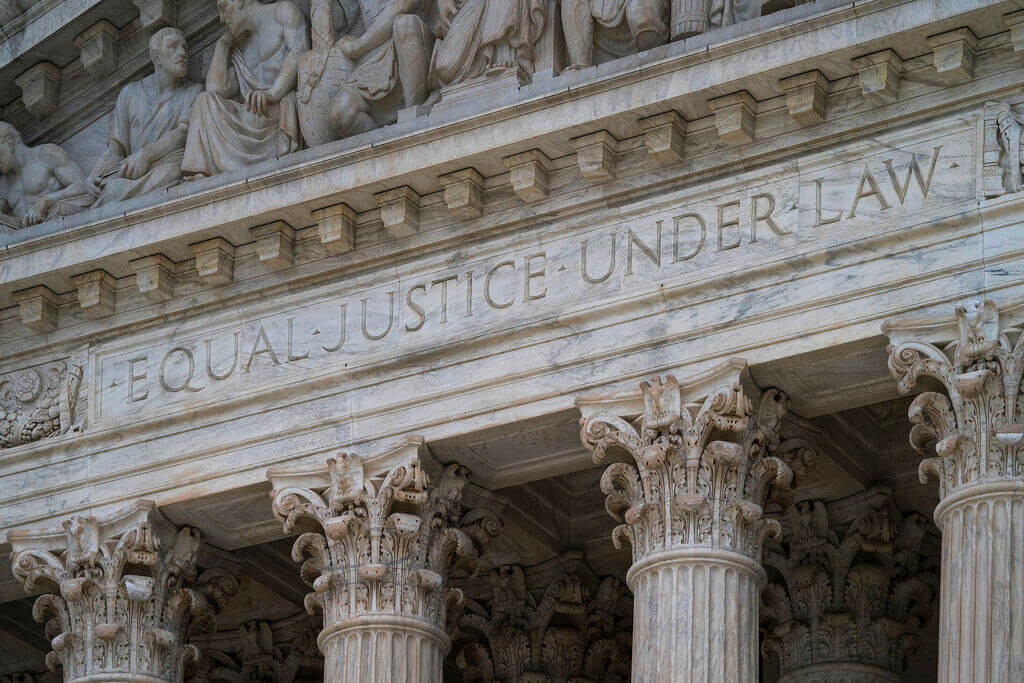What is the test of benevolent neutrality?
In Estrada,[1] the Supreme Court ruled that in religious freedom
cases, the
test of benevolent neutrality should
be applied. Under the test of benevolent neutrality, religious freedom is
weighed against a compelling state interest:

Benevolent neutrality recognizes that government must pursue its secular goals and interests but at the same time strives to uphold religious liberty to the greatest extent possible within flexible constitutional limits. Thus, although the morality contemplated by laws is secular, benevolent neutrality could allow for accommodation of morality based on religion, provided it does not offend compelling state interests.[2] (Emphasis in the original)

[1] 455 Phil. 411 (2003) [Per J. Puno, En Banc].
[2] Id. at 590.
